
Astronomers from Japan, Taiwan and U.S. have discovered 83 quasars powered by supermassive black holes in the distant universe, from a time when the universe was only 5 percent of its age.
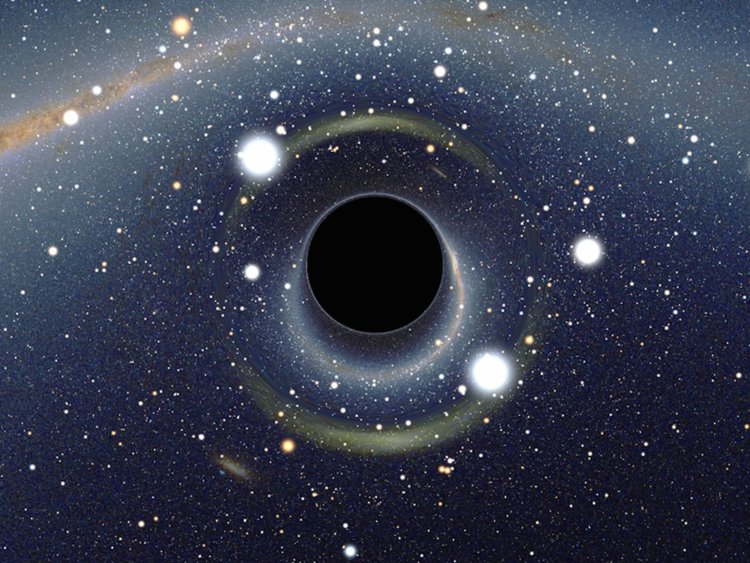
The “quiet” black hole is located just 20 light years from the supermassive four-million-solar-mass black hole lurking at the centre of the Milky Way. In the future, it will fall into the supermassive black hole.

The novel GRAVITY instrument has discovered clumps of gas swirling around at about 30 per cent of the speed of light on a circular orbit just outside the innermost stable orbit of a four million mass black hole.

This confirms the current understanding of cosmological evolution - that galaxies and their associated black holes merge over time, forming bigger and bigger galaxies and black holes.

Observations have for the first time clearly revealed the effects of Einstein's general relativity on the motion of a star passing through the extreme gravitational field very close to the supermassive black hole.
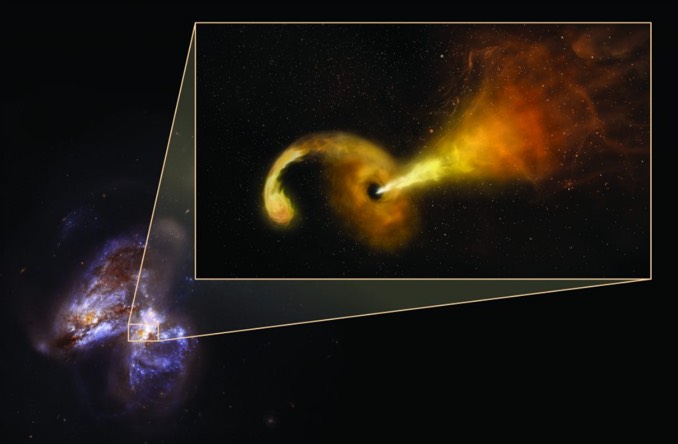
For the first time, astronomers have directly witnessed the aftermath of a black hole consuming a nearby star, imaging the formation and expansion of a high-speed jet of material ejected in the maelstrom.

Spectroscopic measurements of gas dynamics at the core of the Milky Way have revealed several unusual objects visibly whizzing around the supermassive black hole at the center of the galaxy .
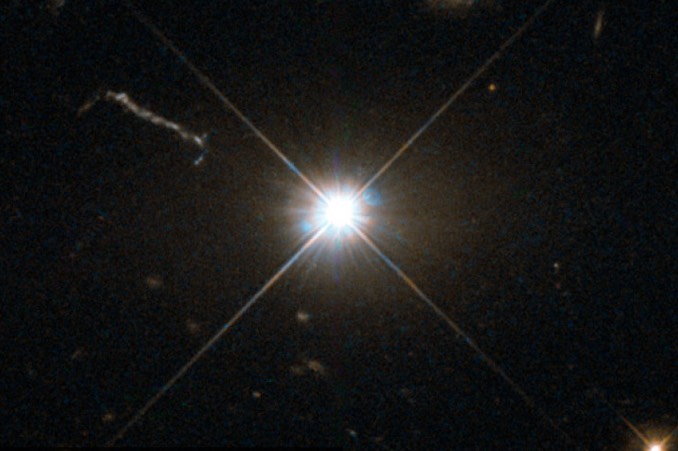
Australian astronomers have fond what may be the fastest-growing black hole in the known universe, an ancient 20-billion-solar mass beast consuming the mass of the Sun every two days.
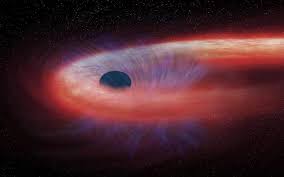
Astrophysicists have discovered a dozen black holes gathered around Sagittarius A* (Sgr A*), the supermassive black hole in the center of the Milky Way Galaxy.

Surprisingly, a quintessential equation of quantum mechanics emerges while studying astronomical disks of orbiting material.
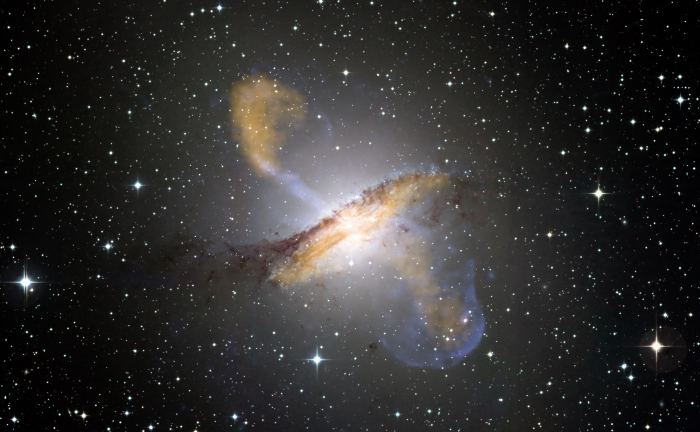
A new study by a team of international astronomers has provided the first direct evidence that supermassive black holes affect star formation in their galaxies.

Looking to the center of our galaxy, astronomers noted the presence of a mysterious filament extending from the supermassive black hole located there.

This black hole resides in a luminous quasar and its light reaches us from when the Universe was only 5 percent of its current age — just 690 million years after the Big Bang.

ALMA has revealed signs of eleven low-mass stars forming perilously close — within three light-years — to the Milky Way’s supermassive black hole, known to astronomers as Sagittarius A*.
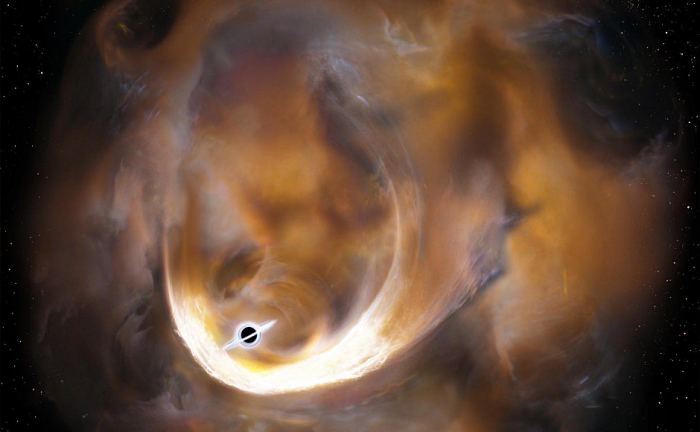
A team of researchers from japan have found evidence of another massive black hole near the center of the Milky Way Galaxy.